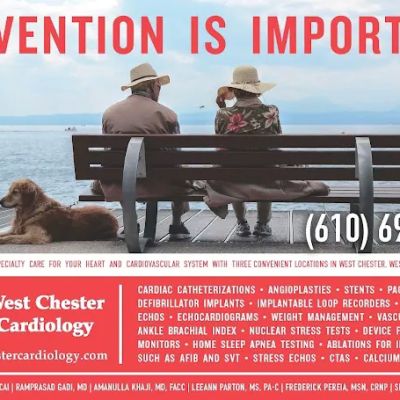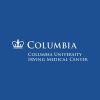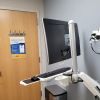- Why-Preventive-Cardiology-Matters
- Key-Pillars-of-a-Proactive-Approach
- Real-World-Examples-of-Prevention
- Innovations-in-Heart-Health
- Role-of-Community-and-Resources
- Recommended-Support-and-Services
1. Why Preventive Cardiology Matters
Preventive cardiology focuses on reducing the risk of heart disease before it develops, rather than only treating it once symptoms appear. With cardiovascular disease still ranking as the leading cause of death in the United States, taking a proactive stance is essential. Preventive care not only lowers the chances of heart attacks and strokes but also improves quality of life, extending the years people can spend with their loved ones. The philosophy behind preventive cardiology is simple: small actions today can lead to a healthier tomorrow.

2. Key Pillars of a Proactive Approach
Building a heart-healthy lifestyle involves several interconnected factors. Doctors and specialists emphasize four main pillars: diet, exercise, stress management, and early detection. Each plays a crucial role in preventing heart disease, and together, they create a comprehensive plan for long-term wellness.
Heartland Cardiovascular Center
heartland cardiology
Madison Medical Plaza, 301 N Madison St # 207, Joliet, IL 60435, USA

2.1 Nutrition and Balanced Eating
A diet rich in vegetables, fruits, whole grains, and lean proteins is the foundation of preventive cardiology. Limiting processed foods, added sugars, and unhealthy fats lowers cholesterol and blood pressure, two of the biggest risk factors for cardiovascular disease. Many patients notice dramatic improvements within months when they shift to healthier eating habits.
2.2 Physical Activity and Movement
Regular movement is just as important as diet. Studies consistently show that even 30 minutes of brisk walking five times a week reduces cardiovascular risk significantly. Exercise not only strengthens the heart but also helps maintain a healthy weight and reduce stress, multiplying its benefits.
2.3 Stress Reduction and Mental Health
Stress is often underestimated when it comes to heart health. Chronic stress can raise blood pressure, increase inflammation, and lead to poor lifestyle choices. Mindfulness practices such as yoga, meditation, and breathing exercises are increasingly recommended by cardiologists as part of a preventive plan.
2.4 Early Detection and Screenings
Preventive cardiology also emphasizes regular checkups and screenings. Blood pressure, cholesterol levels, and blood sugar should be monitored consistently. Identifying risk factors early allows doctors to intervene before conditions progress to serious disease. This proactive monitoring has saved countless lives.
3. Real-World Examples of Prevention
Take the story of John, a 52-year-old father who discovered through a workplace health screening that he had high cholesterol. Instead of waiting for symptoms, he joined a preventive cardiology program focusing on nutrition and exercise. Within a year, his cholesterol dropped to safe levels, and he avoided needing long-term medication. Cases like John’s demonstrate how prevention works in everyday life, turning potential crises into manageable adjustments.
3.1 Lessons from Public Figures
When celebrities share their struggles with heart disease, it brings more attention to the importance of prevention. For example, several well-known athletes have opened up about lifestyle changes they adopted after discovering early signs of cardiovascular strain. Their stories remind us that no one is immune and that proactive care is always worthwhile.
4. Innovations in Heart Health
Technology has revolutionized preventive cardiology. Wearable devices now monitor heart rate, sleep, and physical activity, providing real-time data that empowers individuals to make healthier choices. Genetic testing also helps identify predispositions to heart disease, allowing for personalized care strategies that maximize prevention.
5. Role of Community and Resources
Preventive cardiology is not just an individual effort; it thrives when communities get involved. Local support groups, wellness workshops, and heart-health initiatives help spread awareness and provide encouragement. Access to credible resources ensures that people can find guidance tailored to their needs, whether they’re just starting their health journey or seeking advanced preventive care.
6. Recommended Support and Services
For anyone looking to explore preventive cardiology further, HeartCare Hub offers reliable resources, products, and services designed to support heart health. From nutritional supplements to guidance on screenings and lifestyle coaching, HeartCare Hub makes it easier to take a proactive stance toward a healthier future. Investing in prevention today means fewer medical complications tomorrow and more years of vitality to enjoy.






















Monmouth Cardiology Associates, LLC
monmouth cardiology
11 Meridian Rd, Eatontown, NJ 07724, USA